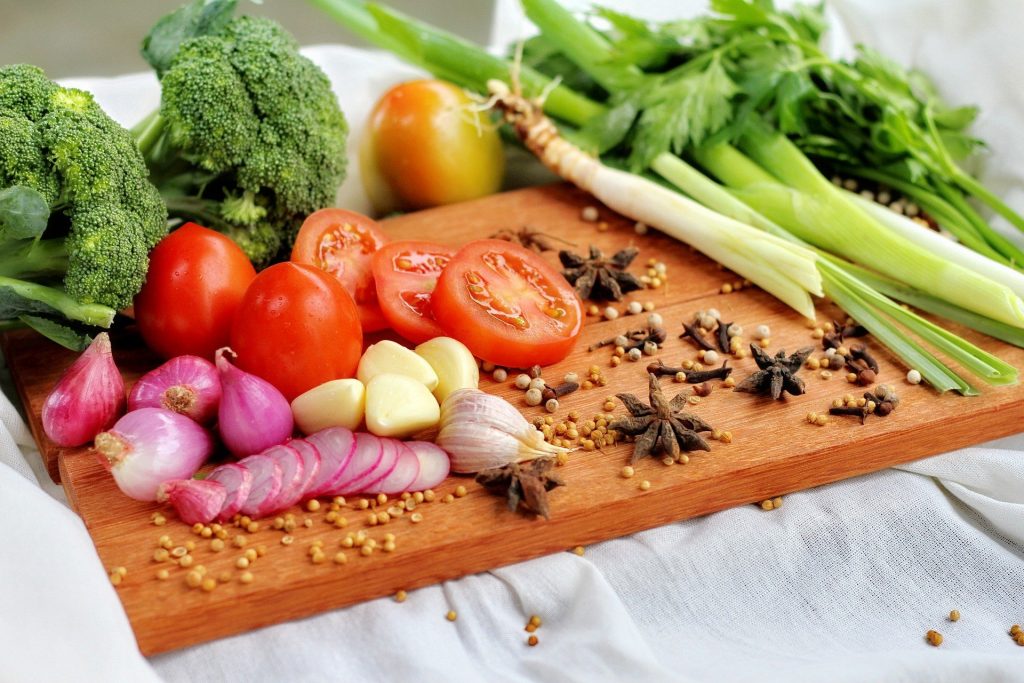What are the ways in which diet impacts mood?

It can be a challenge to understand which foods are the right ones, particularly when conventional wisdom on the subject seems to change all the time. But, research indicates that not only do dietary choices impact our physical well-being, they can also affect our mental state.
Making conscious changes to what you eat may result in an improved mood, greater energy levels, clarity of thought, and other key benefits. A failure to eat at regular intervals can cause a drop in blood sugar that leads to irritability and even depression. Having food at the right times over the course of a day and making choices that cause a slow release of energy helps keep things on an even keel. Some of the best foods in this realm are things such as oats, pasta, rice, cereals, whole rains, seeds, and nuts.
Useful tips in this area include drinking six to eight glasses of liquid daily, and while water is inexpensive, accessible, and healthy, coffee, tea, and juice are also alternatives. However, it is wise to keep an eye on excessive amounts of sugar and caffeine.
It is also recommended that everyone strive to eat five servings of fruits and vegetables daily in order to get a healthy dose of vitamins as well as fiber. Try to eat the rainbow, meaning, select a range of produce in vibrant hues that offer a full compliment of nutrients.
Bare in mind that it is easier than ever to get those five servings each day, given that dried, frozen, fresh, and canned vegetables and fruits are easily obtainable. A standard portion size is roughly a small bowl or glass, or even a handful.
The state of your gut can provide surprising insight into your emotional state. When you feel a sense of anxiety or nervousness, the functioning of your gut can become slower. In order to keep the digestive system running smoothly, it is necessary to have a healthy intake of fluids and fiber and also to exercise often. Some of the best foods for gut health include things such as fresh produce, whole grain items, smoothies, beans, probiotics, and yogurts.
Protein is packed with amino acid, and this is comprised of chemicals required by the brain for emotional regulation. Not only that, a diet high in protein will help with satiety, something that prevents overindulgence and subsequent weight gain. Some great protein sources include cheese, lean meats, fish, legumes, soy-based items, seeds, and nuts.
Even though fat is something many seem to fear, the brain requires fatty acids such as Omega-3 and Omega-6 to remain in proper working order. Therefore, instead of avoiding fat in the diet, it is better to select the proper ones for optimal health. Among the best ways to get health fat is to eat things such as poultry, oily fish, olive oil, nuts, avocados, cheese, yogurt, and milk. There are even healthy takeouts NY.
Steer clear of foods that include “trans fats” in their ingredient lists. The same goes for foods that feature “partially hydrogenated oils.” Commercially-produced cakes and cookies are among the most egregious offenders. While it can be hard to resist such comfort foods during a blue mood, these types of fats can do more harm to emotional well-being over the longer term, and should therefore be avoided when possible.
